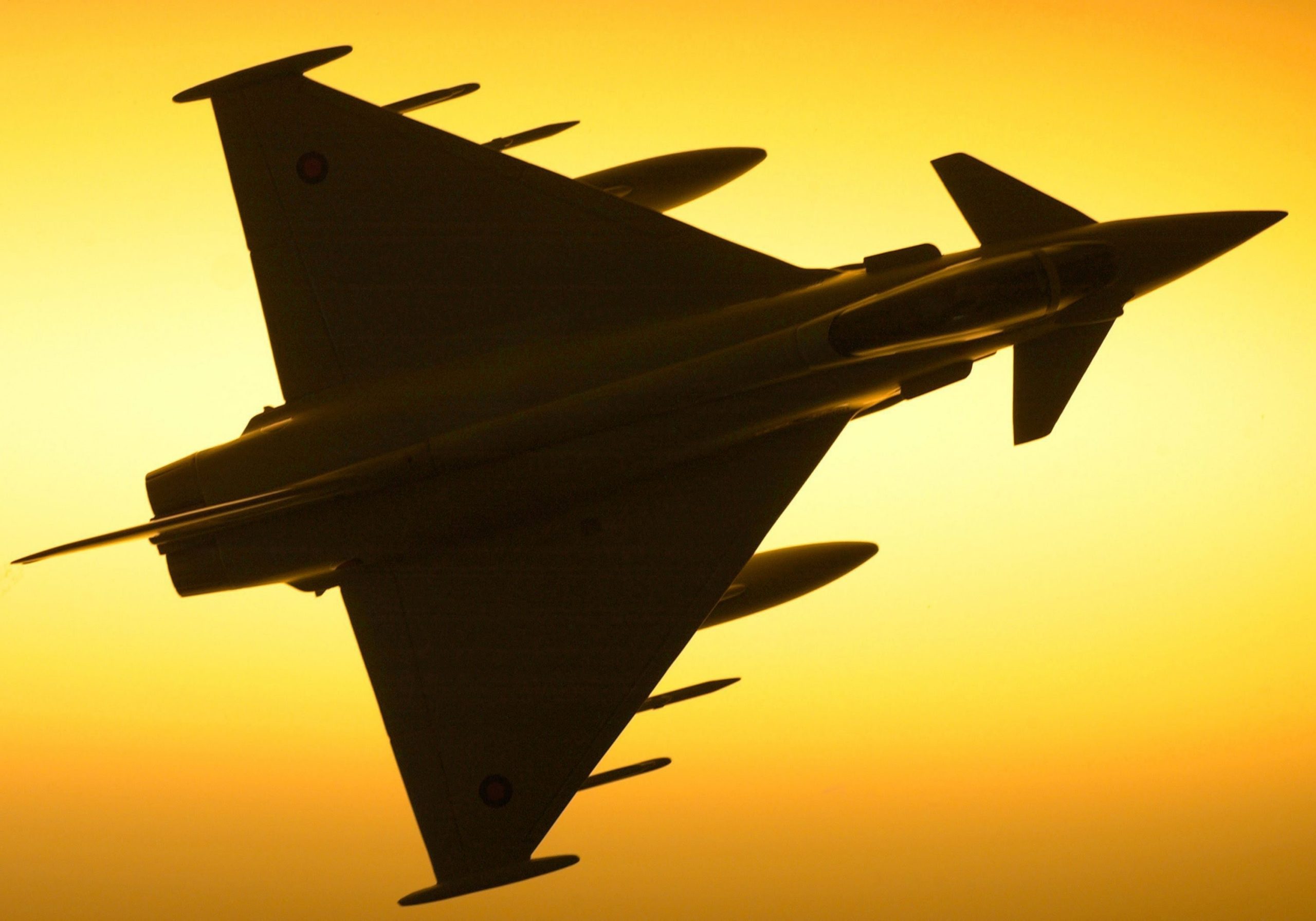The Royal Air Force (RAF) is the United Kingdom’s aerial warfare force. Formed towards the end of the First World War on 1 April 1918,[2] it is the oldest independent air force in the world. Following victory over the Central Powers in 1918 the RAF emerged as, at the time, the largest air force in the world. Since its formation, the RAF has taken a significant role in British military history. In particular, it played a large part in the Second World War where it fought its most famous campaign, the Battle of Britain.
The RAF’s mission is to support the objectives of the British Ministry of Defence (MoD), which are to “provide the capabilities needed: to ensure the security and defence of the United Kingdom and overseas territories, including against terrorism; to support the Government’s foreign policy objectives particularly in promoting international peace and security”. The RAF describe its mission statement as “… [to provide] An agile, adaptable and capable Air Force that, person for person, is second to none, and that makes a decisive air power contribution in support of the UK Defence Mission”. The mission statement is supported by the RAF’s definition of air power, which guides its strategy. Air power is defined as “the ability to project power from the air and space to influence the behaviour of people or the course of events”.
Today the Royal Air Force maintains an operational fleet of various types of aircraft, described by the RAF as being “leading-edge” in terms of technology.[9] This largely consists of fixed-wing aircraft, including: fighter and strike aircraft, airborne early warning and control aircraft, ISTAR and SIGINT aircraft, aerial refueling aircraft and strategic and tactical transport aircraft. The majority of the RAF’s rotary-wing aircraft form part of the tri-service Joint Helicopter Command in support of ground forces. Most of the RAF’s aircraft and personnel are based in the UK, with many others serving on operations (principally over Iraq and Syria) or at long-established overseas bases (Ascension Island, Cyprus, Gibraltar, and the Falkland Islands). Although the RAF is the principal British air power arm, the Royal Navy’s Fleet Air Arm and the British Army’s Army Air Corps also deliver air power which is integrated into the maritime, littoral and land environments.
















